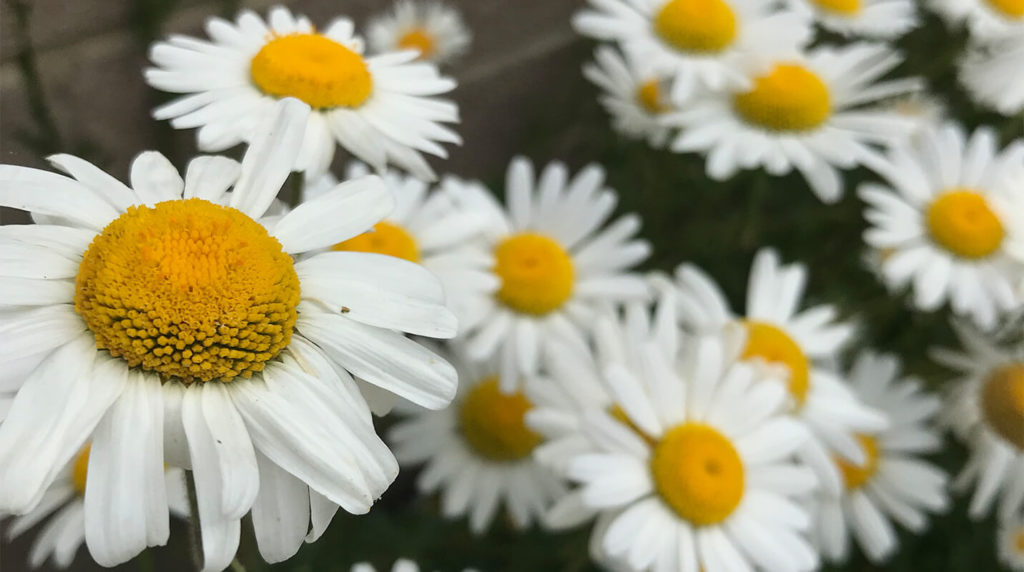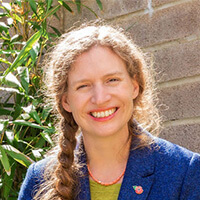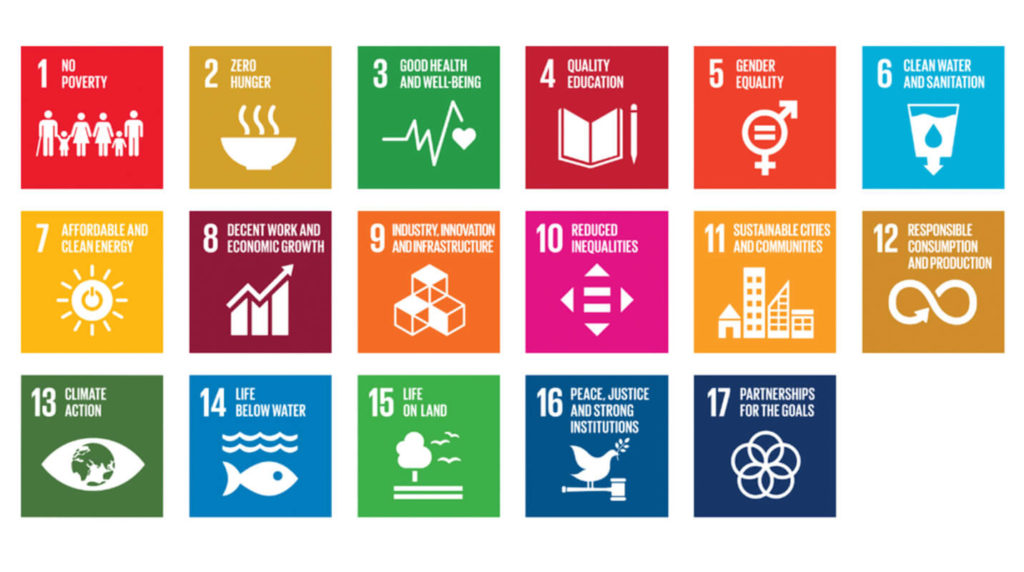

World Environment Day is the UN global day for environmental action which began in 1974. Since then, World Environment Day themes have covered a range of topics including Air Pollution (see my 2019 blog post here), Plastic Pollution (2018), International Wildlife Crime (2016), Climate Change (2014) and going all the way back to the original 1974 theme, Only One Earth.
The 2020 theme is Biodiversity - biodiversity is the “variability of living things”, the interdependent web of the 8 million species across the planet and the earth that we all inhabit. Humans are just one of those 8 million species and so far, we are causing more environmental damage than any other. At the most basic level, nature and biodiversity provide us with oxygen to breathe, food to eat, water to drink and the climate which makes this planet habitable, we cannot live without a healthy planet:
We are intimately interconnected with nature. If we don’t take care of nature, we can’t take care of ourselves.
There is no clearer reminder of the interconnectedness between human and planet health than the strange pandemic situation we are all living in now. Covid 19 is a ‘zoonosis’ which is a disease transmittable from animals to humans and this particularly zoonosis has led to the rapid lockdown of our society and huge changes in individual behaviour – perhaps this willingness to make such changes in the face of an immediate threat can be harnessed to prevent climate change, which is a threat on a much larger scale but with a longer time frame.
Protecting and improving the biodiversity we have left is critical to all 17 of the UN Sustainable Development Goals. We have 10 years left to achieve these, so 2020 needs to be the start of a decade of action – the Practical Guide on the World Environment Day website provides a toolkit of actions we can all take – whether as individuals, businesses, faith groups, schools, civil society groups or governments.

To take effective action we all need to:
- Learn – about our planet, wild species and habitats, reflect on how nature is such an important part of our lives
- Share – why we love the natural world
- Act – act on the knowledge we have learnt to tackle biodiversity loss and climate change
As individuals we can take the following practical steps:
- Become conscious consumers – look at what we are consuming and why, can we reduce or change our consumption to help the planet?
- One we have Reduced our consumption, Reuse what we can and Recycle as much as possible
- Travel less – most of us aren’t travelling very much at all at the moment, can we continue to travel less once the lockdown is lifted?
- Look at our diet – where is our protein coming from? Can we move away from meat-based protein?
- Avoid buying single use plastics
- Buy local – support small local businesses with local supply chains
- Support wildlife on our doorsteps – grow some wildflower seeds, pick up litter, visit a nature reserve, plant a tree
As businesses we can:
- Look at our supply chains, support local businesses, and source sustainable goods and materials
- Consider our energy consumption, monitor it, reduce it, change to a green energy supplier and offset what we can’t reduce
- Reduce business travel (something we are all doing at the moment!), encourage working from home (where practical) and use of video conferencing
- Remove single use plastics from canteens and kitchens
- Set up a ‘Green Group’ of interested people to identify opportunities for improvement
- Consider business finances – can we change to an ethical bank or change the choice of pension funds on offer?
- Enhancing our local environment through donating to relevant local causes or setting up a volunteering program to provide time or expertise to charities who need it
This World Environment Day it is time to act #ForNature – what actions are you going to take?